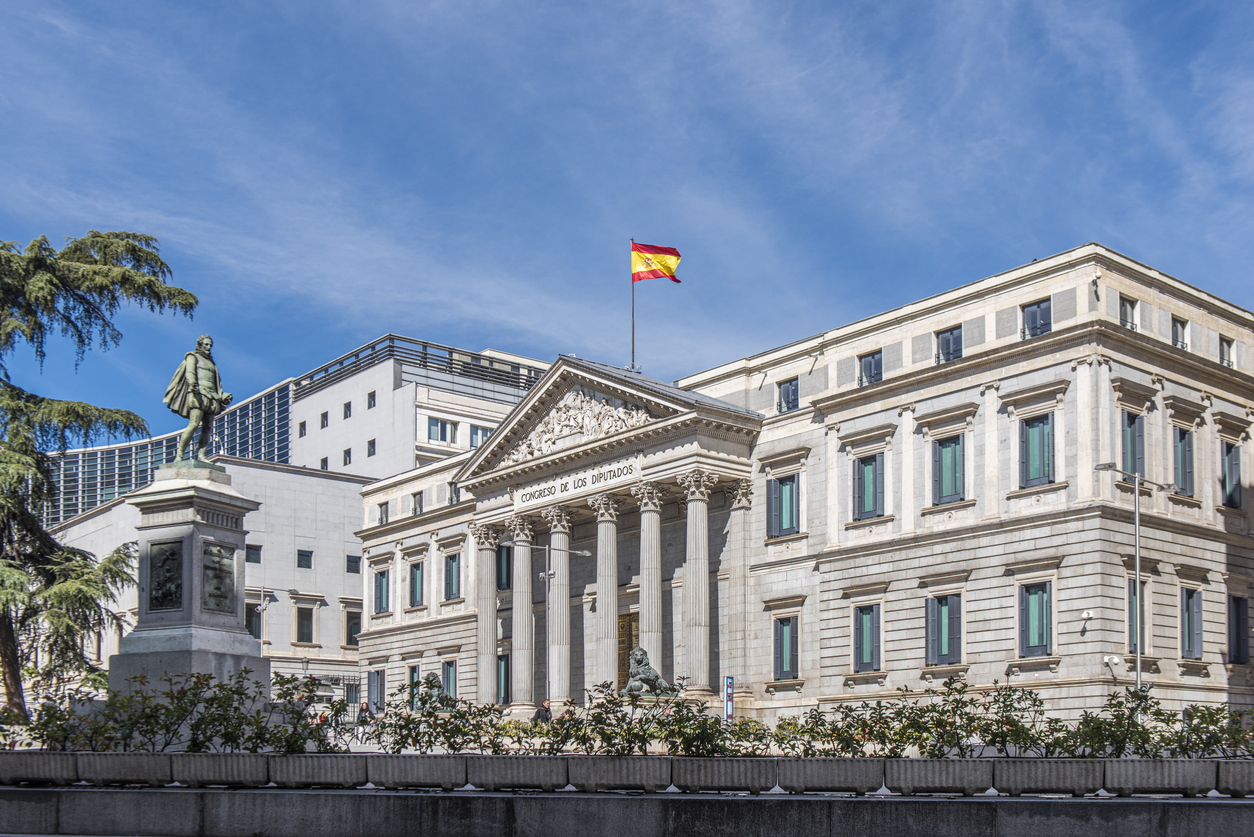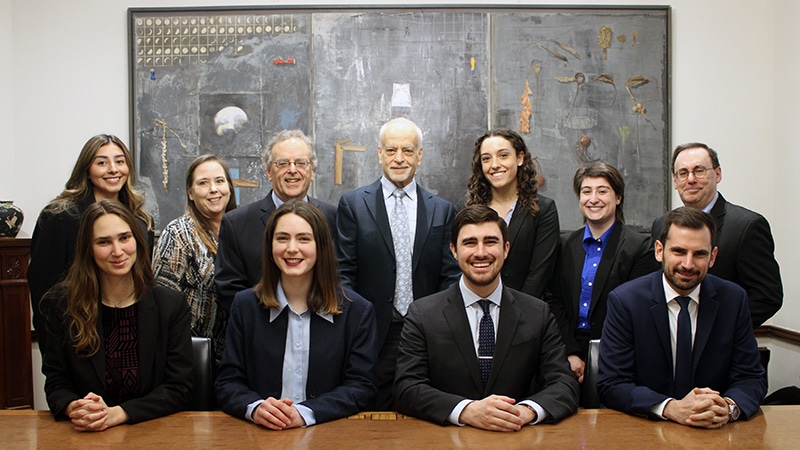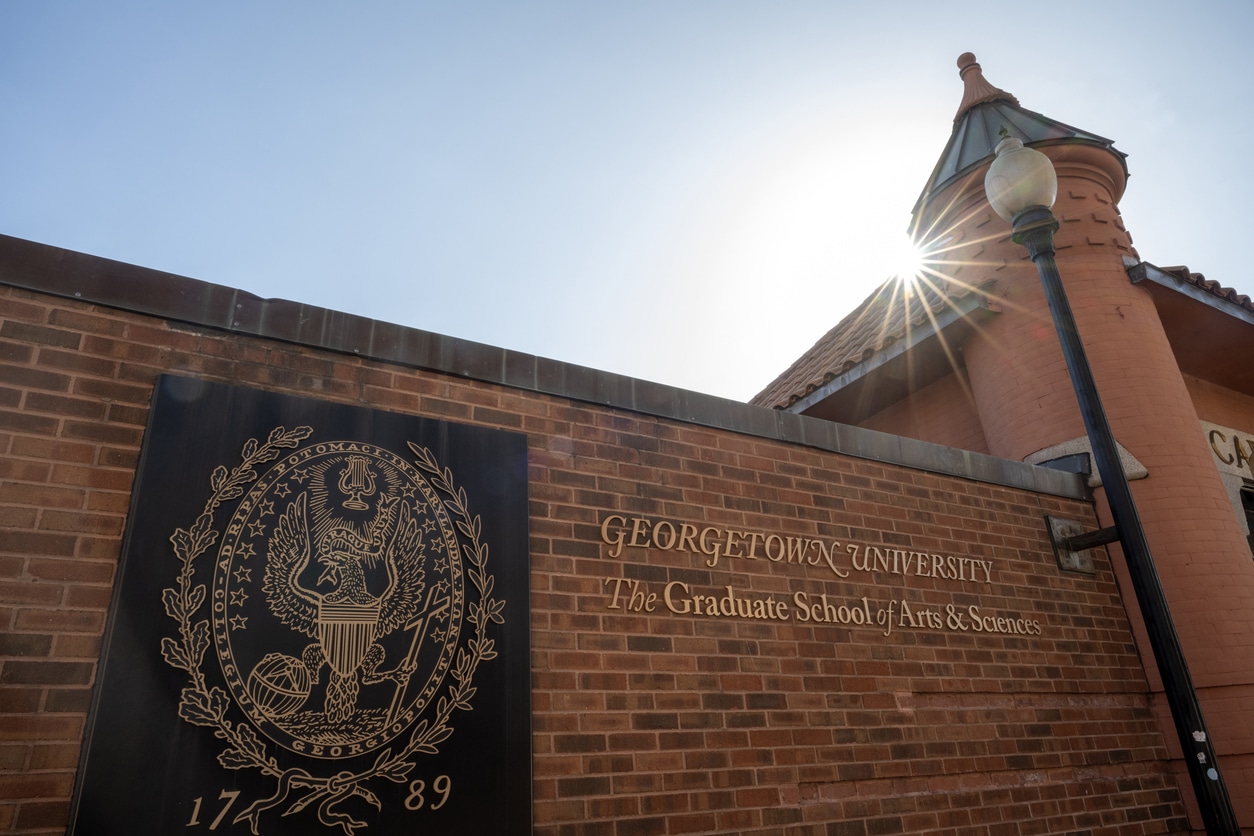Spain’s Wavering Commitment to Anti-Corruption Enforcement

The Organisation for Economic Co-Operation and Development (OECD) recently released a Phase Four Follow-Up report assessing Spain’s implementation of the 70 recommendations outlined in the OECD’s original report published in 2022.
In each of their reports, the OECD scrutinizes a country’s adherence to anti-bribery conventions, homing in on the detection, enforcement, and liability of corruption.
Out of the 70 recommendations the OECD put forth, Spain has fully integrated 15, partially implemented 21, and completely failed to address 34 (4).
Training and Investigation: Slipping Through the Gaps
A key area urgently needing improvement in Spain’s last report concerned deficient training. While Spain mentioned the implementation of training courses specify “economic crime and corruption,” their response failed to address whether the courses focus specifically on “foreign bribery cases” (10). It is also unclear to whom, if anyone, the course has been administered (10). Similarly, the training for law enforcement authorities covers the confiscation of assets involved in financial crimes. However, it crucially omits situating the conversation within the scope of foreign bribery (11). Spain’s omission of foreign bribery has become a notable trend in its initiatives for training.
Coupled with inadequately trained “public officials” and “investigating judges,” Spain’s passive investigative procedures evoke skepticism over the nation’s ability to effectively respond to foreign bribery (5; 7). To begin with, the OECD questions whether the Special Public Prosecutor’s Office against Corruption and Organised Crime (ACPO) has “sufficient resources to investigate foreign bribery allegations,” to which Spain responds that it does (6). Spain even boasts of the “79 new prosecutor positions in the local prosecution offices” (6). However, as the OECD points out, local prosecutors “are not directly responsible for foreign bribery cases” (6). Instead, the OECD recommends that Spain bolsters investigative staff and resources “dedicated to foreign bribery” (6). Spain’s response to OECD’s concerns thus fails to adequately address the issue at stake.
Moreover, the OECD discovered an overwhelming amount of “prosecutorial investigations of foreign bribery” relied on mutual legal assistance (MLA) and, in doing so, “made limited use of other investigative means” (8). In fact, 42 out of the 46 cases opened since 2012 have exclusively depended on MLA. This trend has only accumulated as, out of the 19 ongoing foreign bribery cases, only two have “employed a broad range of investigative techniques” (8). Because of Spain’s reliance “on the investigation by authorities of foreign countries,” many investigations were terminated simply because MLA proved unavailable (16).
While the procedures of ongoing investigations lack thoroughness and care, the OECD extends such characterization to the very opening of cases. Notably, the OECD asked Spain to “ensure that the threshold for opening a judicial investigation allows for the effective investigation and prosecution of foreign bribery allegations,” however, Spain concedes that “no particular established threshold exists” (9; 42). Spain reveals that “any [sufficient] piece of information that provides notice of a crime” can result in the opening of an investigation; the definition of “sufficient” is missing (42). While appearing lenient, Spain’s ambiguity regarding crucial cases, such as those involving foreign bribery, is troubling as it raises the question of whether effective investigations can ever ensue.
In addition to permitting its own foreign bribery cases to slip through the gaps, Spain contributes nothing to the prevention of corruption in neighboring territories. Alarmingly, the Spanish Agency for Development Cooperation (AECID) does not “consider” a country’s “risk of corruption” before awarding it official development assistance (15). By failing to perform their “due diligence” and vet a country’s corruption, Spain irresponsibly enables corrupt practices (15). Their enabling role raises questions about whether Spain even has a desire to combat foreign bribery.
Map of countries that Spain has allegedly bribed
In fact, almost all successful anti-corruption prosecutions arising from Spain have been brought to justice by the United States under its Foreign Corrupt Practices Act (FCPA); in one major case alone, a Spanish company was fined over $85 million by the U.S.
The Faulty System of Conformidad
A means of resolution that Spain commonly resorts to for foreign bribery prosecutions is the use of conformidads. As defined in the 2022 report, this type of guilty plea allows judges to dictate a defendant’s sentence before the production of evidence during trial (57). In other words, conformidads are a form of plea bargaining. This method can only be employed in cases where the offense does not exceed a six-year sentence and must be agreed upon by the prosecution and the defense counsel (57; 46).
The OECD, in its 2022 report, requested more transparency on the use of conformidads (58). In the follow-up report, the OECD specifically asked that “all the elements related to the acceptance of the facts and penalties in the accusation” for conformidad cases be disclosed (10). However, Spain “has not taken any steps” to fulfill this request (10). Instead, Spain responded by merely referencing the legality of the conformidad procedure, appealing to the Criminal Procedure Code (46).
Additionally, the OECD stressed that cases resolved through confromidads must ensure that sanctions remain “effective, proportionate and dissuasive” (10). Spain fails to verify the effectiveness of sanctions, merely listing two instances in which defendants paid “the full amount of the fines” (50). In turn, the OECD widens its scope by assessing whether any case involving “sentence suspension,” “conversion,” or “sentence mitigating factors” imposes effective, proportionate, and dissuasive sanctions (10). Again, Spain fails to address the concern, concluding that “there is no risk of arbitrariness” that would prevent the imposition of sanctions (50).
Upon the OECD’s recommendation that Spain “actively seek confiscation in corruption cases,” confiscation “was not imposed” in cases resulting in “a conformidad” (11). Spain’s conformidad system ultimately lies in opposition to the effective prosecution of foreign bribery. After being faced with its shortcomings, Spain’s adamancy on its continued use speaks to its unwillingness to enforce effective anti-corruption practices.
A Small Step Toward Whistleblower Protection
On a promising note, Spain recently enacted what the OECD terms “a long-awaited law” protecting whistleblowers (4). The law, mirroring the EU Directive, “seeks to provide adequate protection against reprisals that may be suffered” by those who report “infringements of Union Law” and “of the legal system” (20).
While a step in the right direction, the EU Directive, and thus Spain’s newly imposed law, falls short of the OECD’s Anti-Bribery Recommendation XXII for whistleblowers. In another OECD audit, Denmark asserted that its whistleblower protections comply with the EU Directive; however, the OECD states that these protections are “not in line with” the OECD’s Anti-Bribery Recommendation XXII (7). The same shortcoming, inevitably, applies to Spain.
Languid Progress
While implementing new legislation, Spain’s nominal prosecutions reflect the nation’s slow progress. Since the OECD’s last report, Spain has “successfully concluded two additional foreign bribery cases” (16). Even after taking the two cases into consideration, though, Spain “only has convictions in three foreign bribery cases to date” (16). Moreover, Spain prosecuted its first case as late as 2023 (16).
Understandably, the OECD expresses surprise at the figure “given Spain’s economy and the international reach of its companies” (16). Elucidating the murky statistic, the OECD disclosed that Spain has declined to investigate seven allegations (16). In doing so, Spain argues the seven cases possess “no grounds and no evidence to initiate an investigation” (16). Thus, the problem of Spain’s unestablished threshold again comes to light.
At the root of Spain’s anti-corruption practices is a languid approach, as the 13 ongoing cases have each awaited years for resolution, some even nearing nine years (16).
U.S. whistleblower attorney Stephen M. Kohn, who specializes in transnational corruption cases, echoed the OECD’s concern:
“Spain’s failure to police foreign bribery is radically deficient and undermines the rule of law and democracies of all countries with which Spain is engaged. The fact that their development agency turns a blind eye to corruption is a license to steal.”
When Spain addresses the OECD’s concerns with the gravity they deserve, it may finally be seen as a participant in the global fight against corruption.
Latest News & Insights
October 7, 2025




